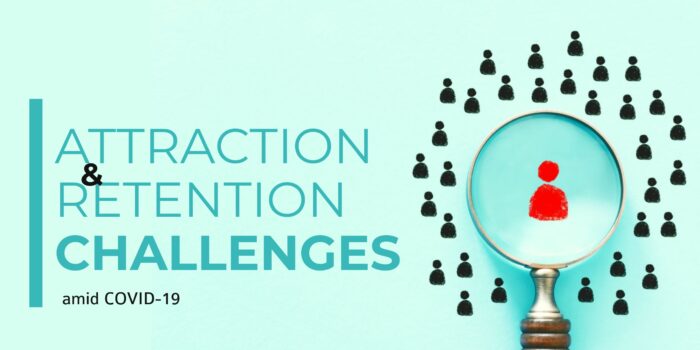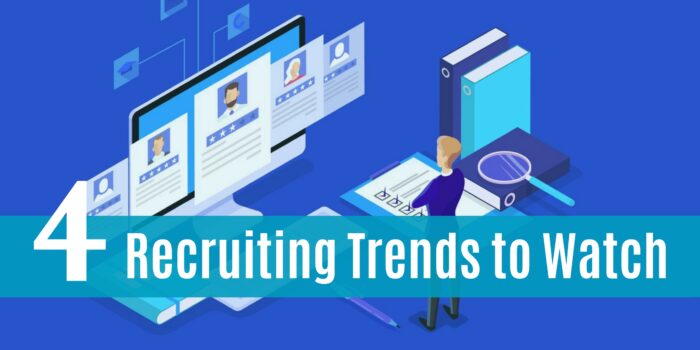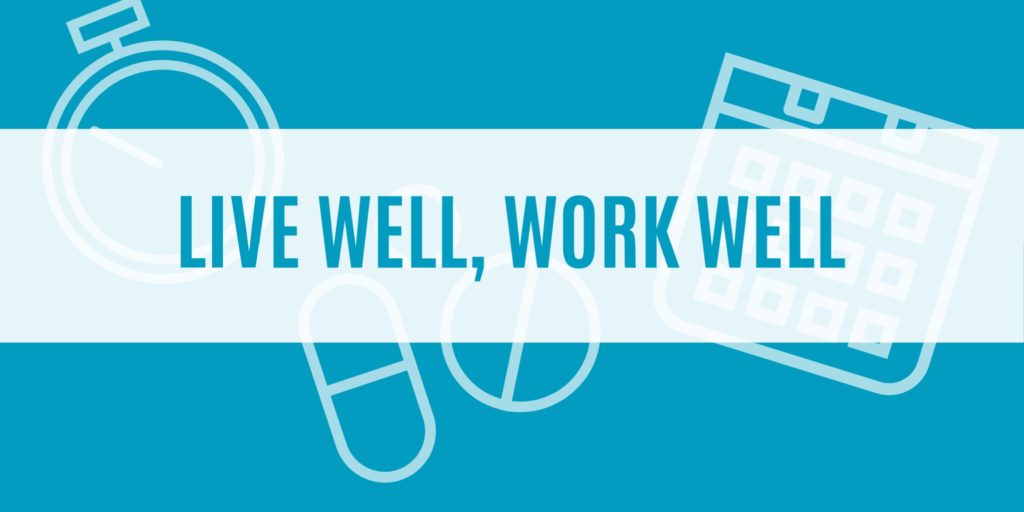26 Feb Employee Attraction and Retention Challenges Amid COVID- 19
 Attracting and retaining talent is often a top priority for HR departments.
Attracting and retaining talent is often a top priority for HR departments.
Given the effect the COVID-19 pandemic has had on the job market, one might imagine this task is easier than ever. Unfortunately, that’s far from the truth.
While there may be more candidates than usual, attracting quality talent and retaining top performers still remains a struggle, worsened by COVID-19 and its effects on the workplace.
This article shares some tips for attracting and retaining workers amid the COVID-19 pandemic.
05 Feb 4 Recruiting Trends to Watch in 2021
 Recruiting has never been simple, and the COVID-19 pandemic is complicating matters even more.
Recruiting has never been simple, and the COVID-19 pandemic is complicating matters even more.
In this rapidly changing landscape, employers need to adapt if they want to attract and retain quality talent.
To better prepare for this task, here are some recruiting practice trends employers should monitor in 2021.
15 Jan 3 Employee Wellness Trends to Watch in 2021

After a year that was turned upside down by the COVID-19 pandemic, many aspects of the workplace have changed, including employer sponsored wellness programs.
Prior to the pandemic, employers were already making a shift to the way they viewed and implemented wellness initiatives at their organization. Some of these changes included focusing on holistic well-being and bolstering mental health offerings.
07 Jan 5 HR Trends To Monitor in 2021

HR departments are given more and more responsibility each year, oftentimes with budgets that don’t match.
This means HR teams must constantly seek ways to innovate and stay on top of trends if they want to compete in the marketplace, particularly amid the COVID-19 pandemic.


 The foods and beverages you consume have a significant impact on your health. Diet-related chronic diseases—such as cardiovascular disease, Type 2 diabetes, obesity and some types of cancer—are prevalent among Americans and pose a major public health problem.
The foods and beverages you consume have a significant impact on your health. Diet-related chronic diseases—such as cardiovascular disease, Type 2 diabetes, obesity and some types of cancer—are prevalent among Americans and pose a major public health problem.